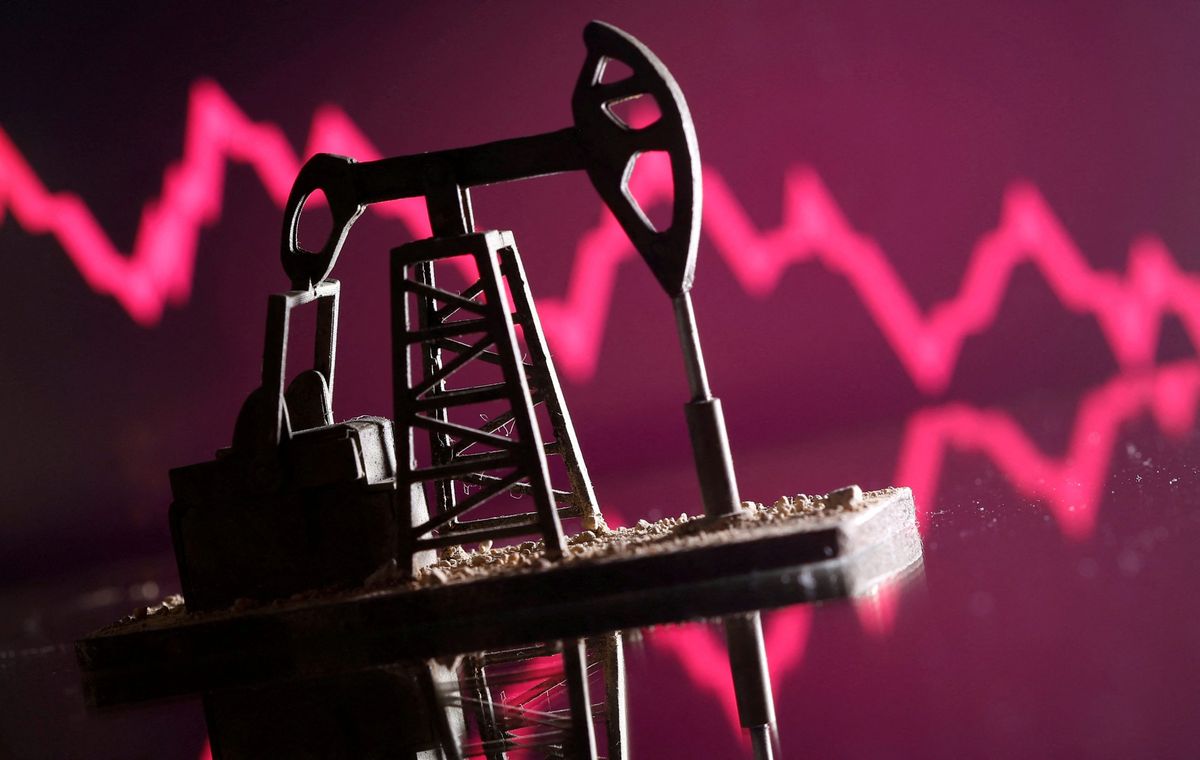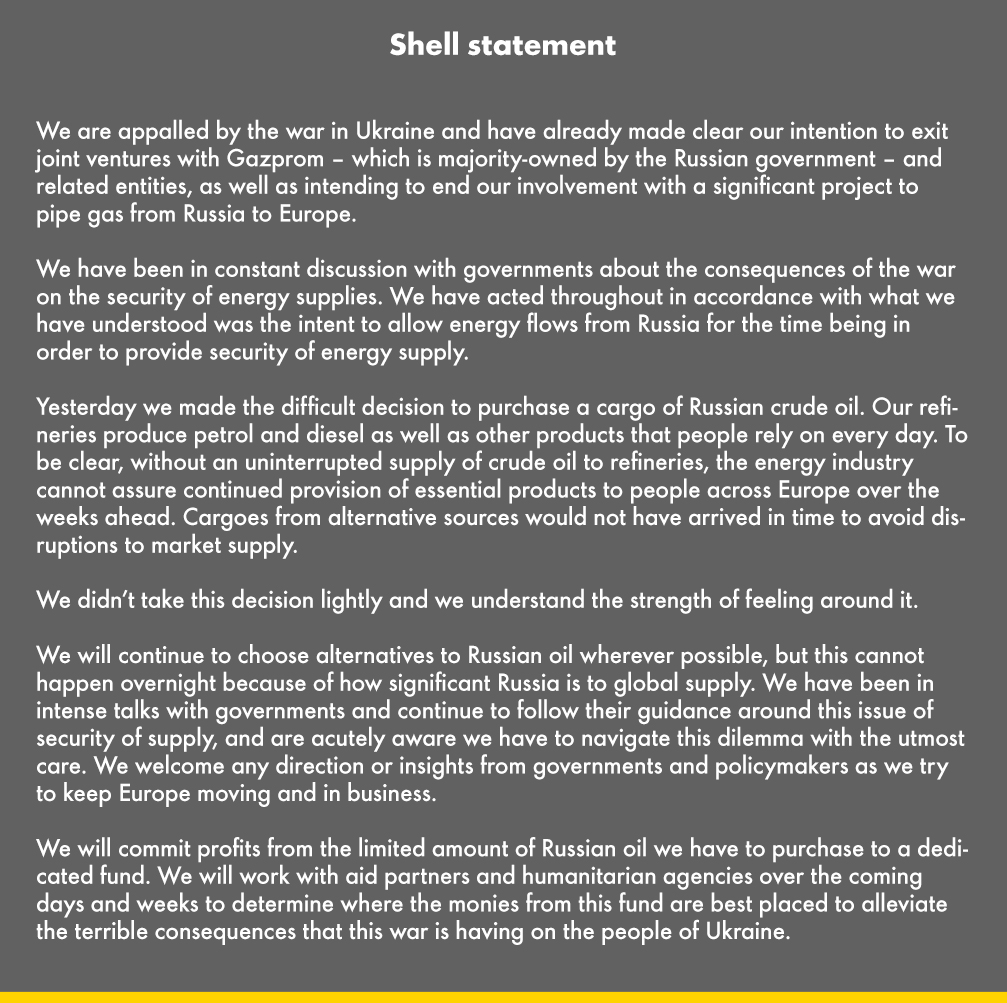The global dilemma when it comes to Russian oil

A few minutes every morning is all you need.
Stay up to date on the world's Headlines and Human Stories. It's fun, it's factual, it's fluff-free.
One of Russia’s biggest exports, oil, has taken a pretty big hit because of the international reaction to the invasion of Ukraine.
In the EU, there’s still some division about exactly how to get away from Russian oil. Some countries, such as Poland, are pushing for an all-out ban. Others, like Germany, say a decision that powerful can’t be made immediately. However, they did agree on reducing dependence on Russian oil by 80% this year.
In the US Congress, lawmakers are working to ban imports of Russian oil to the US, which only gets about 3% of its oil from Russia.
Companies are also avoiding Russian oil, afraid they’ll run into sanctions or they’ll be “canceled” by everyone else. There is also an overall concern that once they buy it, countries could ban the oil, and it could be hard to sell.
This is what happened with energy company Shell after it bought some heavily discounted Russian crude oil on Friday.
“I am told that Shell discretely bought some Russian oil yesterday. One question to @Shell: doesn’t Russian oil smell Ukrainian blood for you?” tweeted Ukraine’s Minister for Foreign Affairs, Dmytro Kuleba.
“The world will judge them accordingly. And history will judge them accordingly,” Kuleba also told CNBC’s Hadley Gamble.
A boycott is also looming. “Boycott Shell, they purchased at $28.5 below market price per barrel profiting from the war consequences!” tweeted hacker group Anonymous.
In a statement, Shell defended its “difficult” decision to purchase the oil, saying it really had no other alternative. “We didn’t take this decision lightly and we understand the strength of feeling around it."

“We will continue to choose alternatives to Russian oil wherever possible, but this cannot happen overnight because of how significant Russia is to global supply,” the company said. Shell also noted that it would give profits from its Russian oil supply to a “dedicated fund” for humanitarian efforts in Ukraine.
Prices worldwide for gas have skyrocketed to record highs, so countries are coordinating oil sales from their own oil piggybanks (otherwise known as strategic petroleum reserves (SPRs)) to try to cushion the price.
But, according to a source from OPEC+, “The problem is the current market conditions have nothing to do with OPEC policy/policies. It has nothing to do with supply (production) shortfall.”
“The bigger picture is that supply disruptions are getting worse," said Andrew Lipow, president of Lipow Oil Associates in Houston, Texas. “Nobody wants to touch anything related to Russia."
You drive the stories at TMS. DM us which headline you want us to explain, or email us.







Comments ()